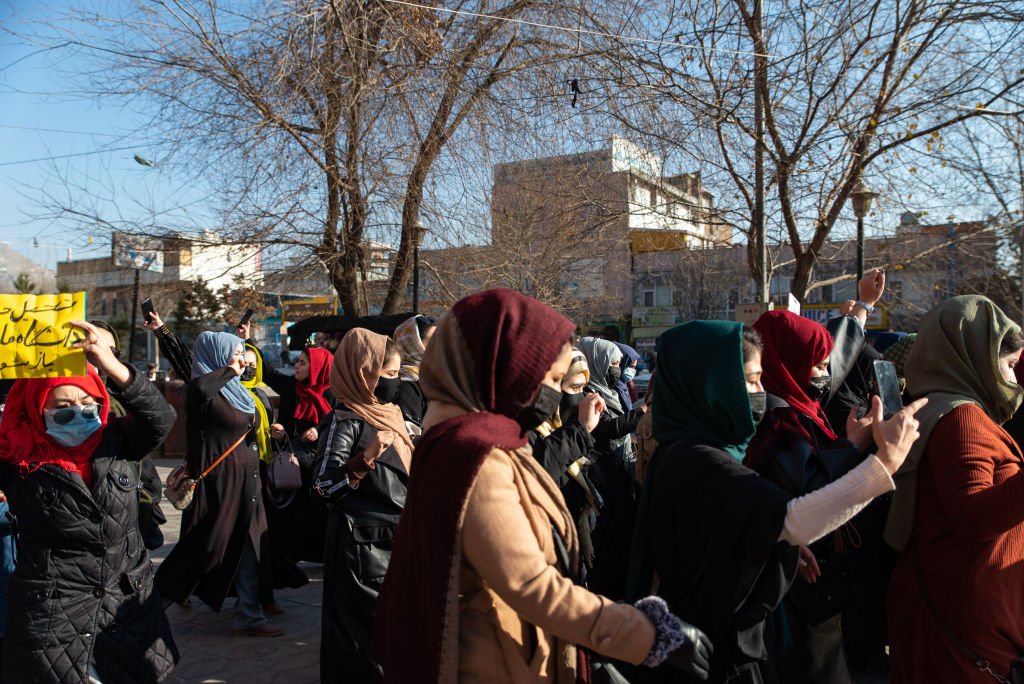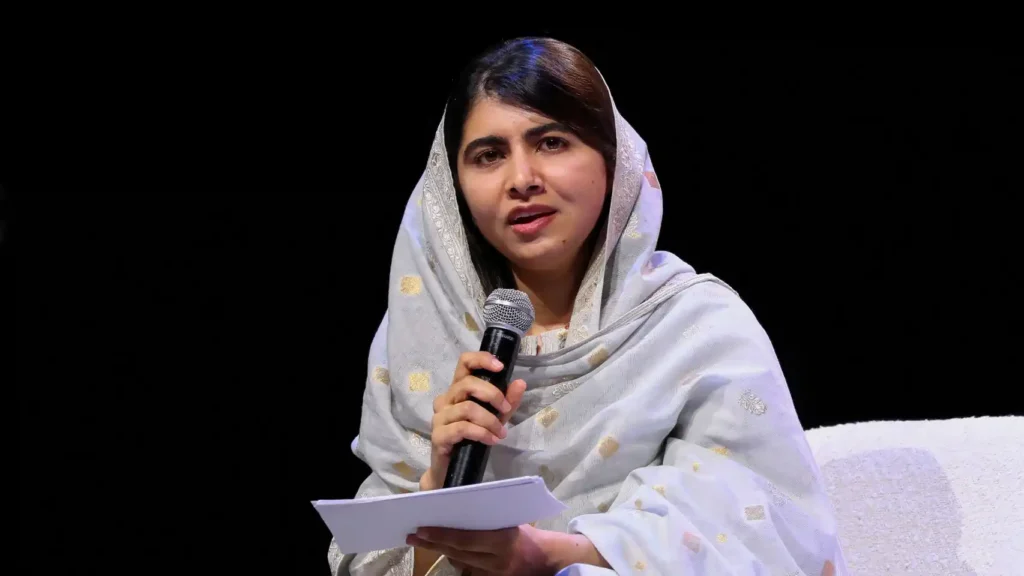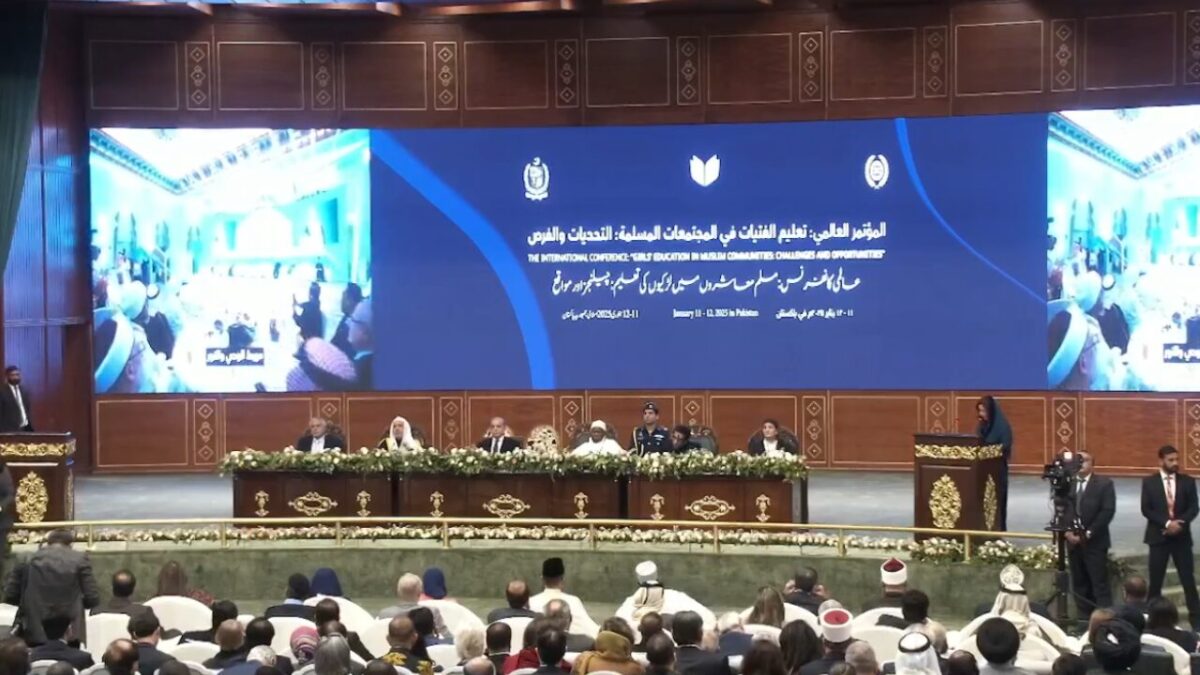ISLAMABAD, Pakistan — A two-day summit hosted by the Organization of Islamic Cooperation (OIC) concluded in Islamabad on Friday, with participating leaders and scholars emphasizing the critical importance of ensuring education for girls across the Muslim world.
The conference, which focused on the education of Muslim girls, ended with a resolution urging governments to prioritize access to education for all. Delegates reaffirmed that denying education to women and girls is a profound injustice that should not be associated with Islam.
Speaking at the summit, Mohammad Al-Issa, Secretary-General of the Muslim World League and President of the International Islamic Scholars Organization, condemned restrictions on education for women and girls. He called such policies “unjust” and “categorically contrary to Islamic teachings.”
“Denying women and girls access to education, whether partially or fully, and associating such denial with Islamic law, is categorically incorrect,” Mr. Al-Issa said. He also urged governments to avoid misusing religion to justify oppressive policies, describing education as a fundamental right affirmed by a consensus of Muslim scholars.
Pakistani Prime Minister Shehbaz Sharif echoed these sentiments, calling restrictions on education for girls “the most significant challenge of our time.”

Afghan Women and Girls Voice Their Struggles
The plight of Afghan women and girls was a focal point of the summit. For more than three years, the Taliban have barred girls from secondary schools and universities, effectively erasing them from the education system. Afghan women present at the summit pleaded for Islamic countries to pressure the Taliban to reverse their policies.
“Every possible pressure should be applied to reopen schools for us,” said Marzia, a resident of Kabul. “After more than three years away from school, we have developed mental health issues. We want to go to school.”
Malala Yousafzai, the Nobel Peace Prize laureate and a vocal advocate for girls’ education, also addressed the summit. She called on leaders of Islamic nations to condemn the Taliban’s policies and refrain from recognizing their government.
“For the past three and a half years, the Taliban have stripped every Afghan girl of her right to education,” Ms. Yousafzai said. “They have used our religion as a tool to justify these actions. The Taliban’s objective is clear: they seek to erase women and girls from all aspects of public life.”
Human rights groups have described the Taliban’s actions as “gender apartheid,” noting that the group has issued more than 100 decrees restricting women’s rights, including their access to education, work, and healthcare.

A Unified Call to Action
The Secretary-General of the OIC, Hissein Brahim Taha, underscored the organization’s commitment to opposing policies that violate women’s rights. “Education forms the foundation of a strong society,” he said, calling it a shared responsibility essential for progress and prosperity.
While the Taliban were invited to participate in the summit, they declined to attend.
The conference concluded with calls for concrete actions, including agreements between Islamic institutions to support education initiatives for girls. Delegates emphasized that providing education to women and girls is not only a moral imperative but also essential for the future of Muslim communities worldwide.





